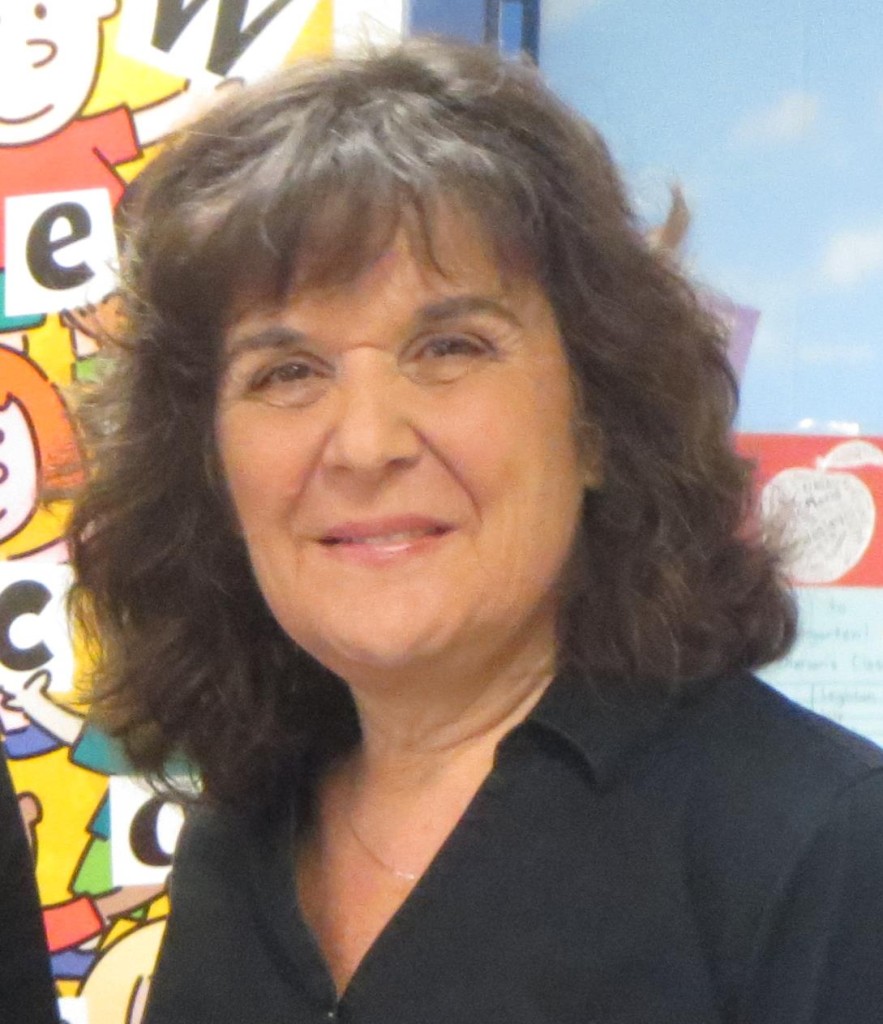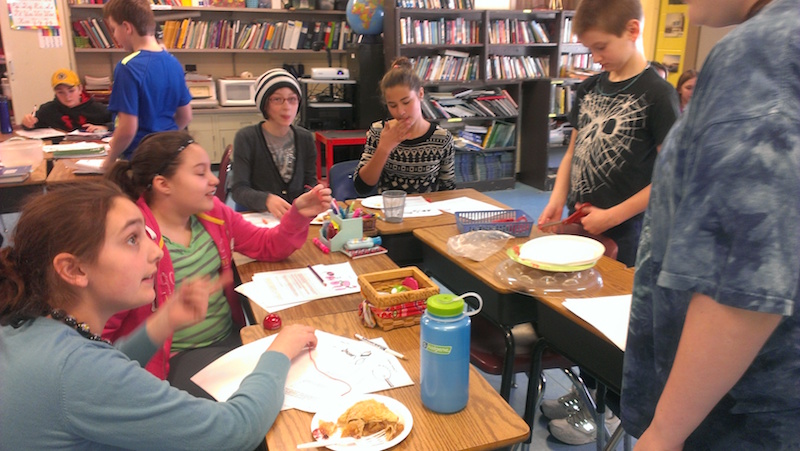Teaching New Subjects with Jeopardy, with Educator Linda Dickson
- April 27, 2016
- By Elisabeth Morgan

Each month we’re featuring an Educator who inspires us by using Kids Discover resources in new ways. This month, we spoke to Linda Dickson, a teacher that never stopped learning herself. Over the course of her 30 year career teaching sixth grade at Twinfield Union School, serving Plainfield and Marshvield Vermont, Dickson took over 50 graduate school credits in education through the University of Vermont. Somewhat ironically, Linda says it was her last few courses that she took, just as she was about to retire, that were the most helpful in the classroom. They were about the latest research into the neurobiology of learning and memory.
“I wish I had had those courses sooner because there was breaking information about how the brain worked and how children learn. A lot of the research that came out made sense with what I had always seen in the classroom,” she said.
For instance, recent research has highlighted the parts of the brain that serve in learning and memory, and have confirmed the fact that students must form new knowledge based on previous knowledge. For many teachers this is common sense, but it helped Dickson draw new connections in her experience as a teacher.
In math, building on previous understanding is somewhat straightforward. But in teaching science and social studies, sometimes it’s helpful to get creative in introducing completely new subjects in a way that students can absorb. Dickson experimented with playful lesson plans, using Kids Discover magazines and the game Jeopardy to introduce new units on subjects like Colonial America (instructions below), Water, and the Moon. She found that her kids retained a lot more of the information than they had in previous years when they just studied and were quizzed on the material.
So how can teachers today maintain a similar love of learning and playful attitude in the classroom for the long haul? Linda’s advice to new teachers is to stay flexible. “I use the analogy of an artist with a palate,” she said. “You go into a classroom, you know that you’re going to teach, but you don’t know what colors you’re going to use. You look at them and watch them and you have to be versatile with your palate about what you’re using and what works for them. You have to always be watching them and listening to them. You’ll never know how the class will go, just like a painting.”

Teaching Colonial America Using Jeopardy
Tools
— Our Unit on Colonial America
— To play Jeopardy Online, we’ve set up this version for you on Super Teacher Tools
— To play as a class, draw or project a Jeopardy Board up front, and read from Linda’s questions on Colonial America (Thanks for sharing with us, Linda :))
Instructions to Play as a Class
1. Students study the unit
2. Students can work in teams or individually
4. Have kids choose a category and a point value
5. Teacher reads appropriate question (Included in Google Doc or from the online version)
6. Students must provide answer in the form of a question
7. Reveal the correct answer
8. Continue until all questions have been answered
9. The team with the most points wins!